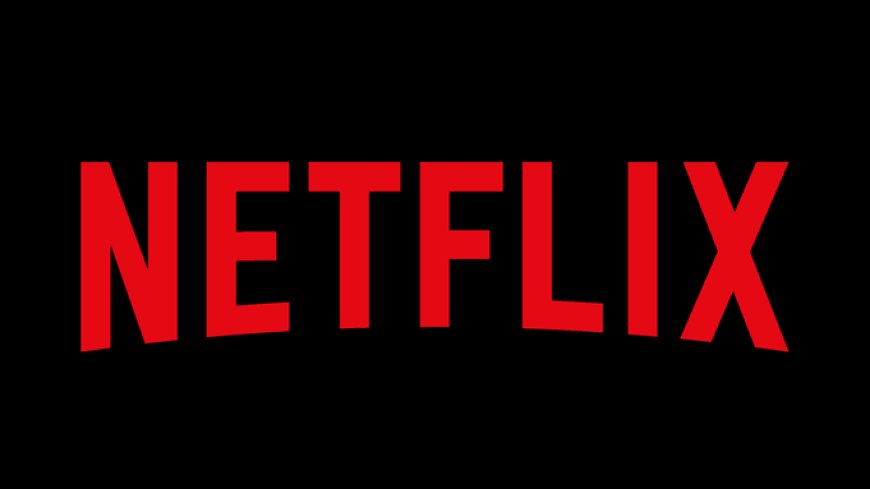KPop Demon Hunters’ becomes Netflix’s biggest animated movie

Netflix’s K-pop fantasy hit “KPop Demon Hunters”, on course to be its most-watched original film, is an attempt to tell a universal story about shame and acceptance, its Korean-Canadian director said.
The film about a K-pop girl group descended from demon slayers is Netflix’s most popular animated film to date and ranks as the platform’s second most-watched movie overall.
Numbers from its soundtrack are also dominating Billboard’s Streaming Songs chart.
“KPop Demon Hunters” was launched in June and follows the critical success of other works exploring Korean culture and experiences, such as “Parasite”, “Squid Game”, and “Pachinko”.
It revolves around group member Rumi, who feels pressured to hide her secret dual identity as her group battles a boy-band rival made up of demons.
Director Maggie Kang moved from South Korea to Canada at age five and said she wanted to portray Korean culture authentically, and explore how people “hide parts of themselves or feel ashamed of something”.
Cinema can break down barriers between cultures “because, anywhere you go in the world, everybody wants the same things”, Kang told reporters in Seoul on Friday.
They want love, they want security, they want acceptance, and when you tell a story that kind of encompasses all of that, it’s inevitable that you will reach a global audience.”
The film fuses South Korea’s traditional demon lore with a K-pop soundtrack, as well as Seoul landmarks such as the Olympic Stadium and beloved Korean snacks like gimbap rice rolls and ramyeon noodles.
It is also inspired by Korean shamanic rites, long led by women, known as “gut”.
I wanted to see a woman who isn’t afraid to look goofy or eat messily — honestly, I just wanted to see a woman like me,” Kang said.
Kang was heavily influenced by 1990s K-pop stars such as H.O.T. and Seo Taiji and Boys, as well as Oscar-winning filmmaker Bong Joon-ho.
She met this week with South Korean President Lee Jae Myung, who remarked on the global reach of Korean culture and pledged to support it as a core industry.
K-pop tunes featured in the film, including the hit “Golden”, have dominated the world’s music charts ahead of even global K-pop sensations BTS and BLACKPINK.
The film is not a local production but is making waves in South Korea, influencing real-life K-pop stars and even the stock market.
K-Pop singers from veteran Bada to Solji and Ailee have uploaded their own covers of “Golden” on YouTube.
Shares in Wooyang, a South Korean frozen gimbap exporter, have also risen because of the film’s popularity.
“Golden” is currently the most-streamed song in the United States. Kang said it was the hardest track for her team to write, going through seven or eight versions before settling on the final one.
The movie is also “about the power of music, and whenever a singer hits a really high note, we get this feeling like butterflies, and I really wanted to feel that through the song”, Kang said.
AFP

 admin
admin 


